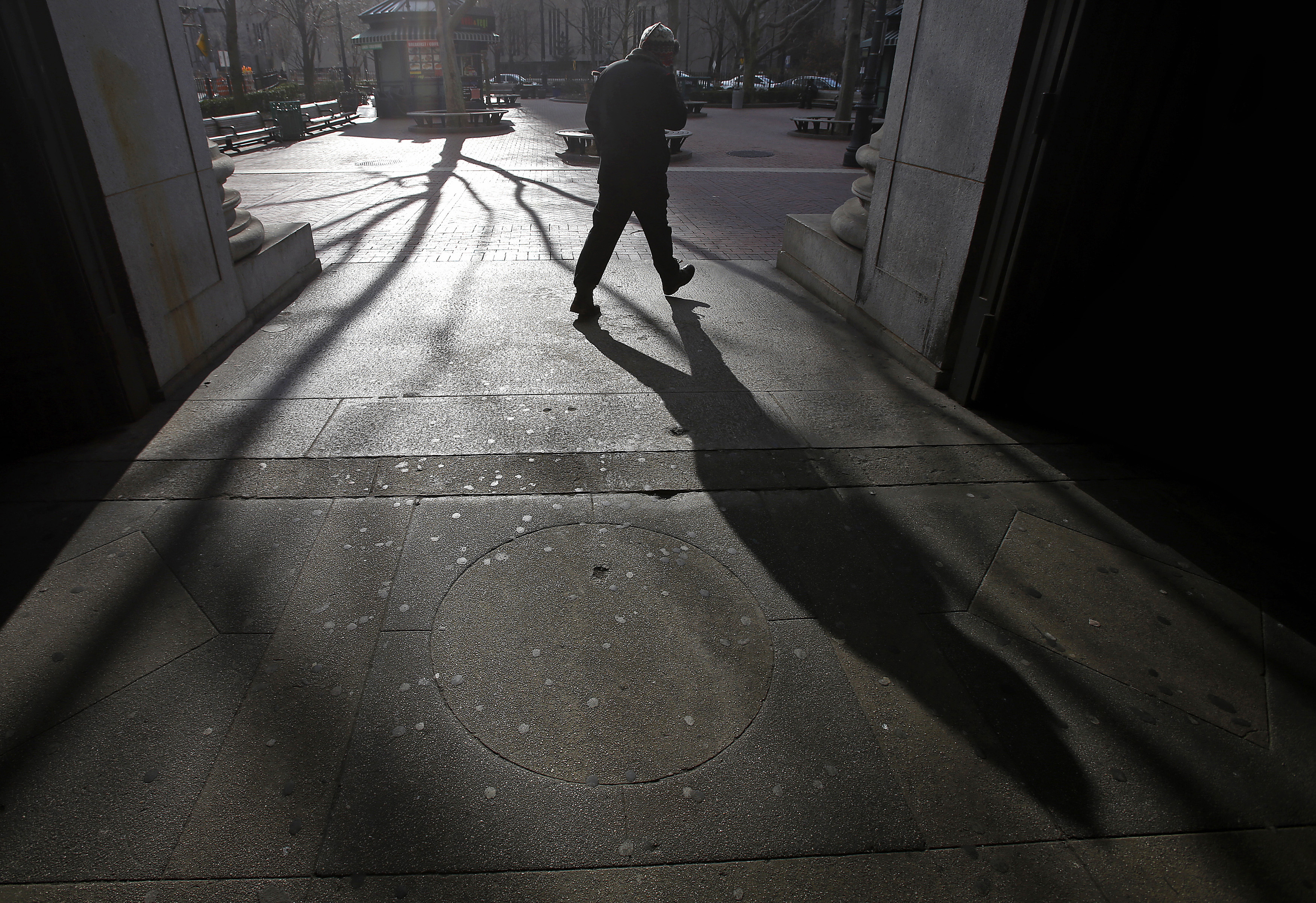Personal contacts remain lifeblood of espionage

The buzz surrounding electronic spy technology has pushed traditional espionage methods out of the limelight. But recent events have made clear that direct contact – so-called “human intelligence” – is still what counts.
This spy story in Geneva is said to have unfolded as follows: CIA operatives allegedly get a banker drunk and encourage him to drive his car. Then, after his arrest by the police, the agents supposedly help extricate him from a potentially sticky situation, establishing a bond that subsequently led to the banker’s successful recruitment.
The account comes from former CIA employee Edward Snowden, who was working in Geneva at the time and recently revealed the information. But Peter Regli, head of the Swiss secret service from 1991 to 1999, is sceptical.
“To my knowledge Snowden was a low-level computer specialist. I cannot imagine that this young man, who had no specific training in intelligence work, could be aware of such an incident,” he said.
If nothing else, the purported episode has made it clear that, now as ever, human intelligence plays a central role in the activities of secret services the world over.
The other side
“For years all secret services, large and small, have used social networks and internet search engines such as Google for their research. But human intelligence still remains the most important instrument,” said Regli.
“When a secret service carries out a situation analysis, the first thing considered is what the other side might possibly plan. In order to find this out, naturally, you can fall back on emails and intercepted phone calls. But to really understand what someone who is up to no good is doing, you need direct human contact. And for that you have agents.”
When it comes to the business of intelligence gathering, Switzerland is significant for a number of reasons.
Simon Johner, deputy head of communication for the Federal Intelligence Service (FIS), responding to a query about Switzerland’s importance, mentioned its “central location in Europe, the presence of the United Nations and other international forums, the financial centre, and the energy and commodities trade.”
As Swiss Defence Minister Ueli Maurer said in June, Geneva is in this respect a “privileged habitat.”
Foreign intelligence services also target research institutes, universities, international research groups, as well as high tech firms and businesses with so-called dual-use products that could be for example potentially applied to weapons of mass destruction. Some foreign services also monitor the activities of opposition politicians who have settled in Switzerland.

More
A spy thriller set in Switzerland
Making contact
So how do secret services go about establishing human contacts?
“First you have to find out which people might serve your interests,” said Regli. “If you think, for example, about the current problems Switzerland has with the United States, it would certainly be interesting to know what the Internal Revenue Service, the US tax authority, is thinking. Who is the person responsible for US strategy towards Switzerland?”
After identifying a person of interest, an agent would attempt to make contact with them. Such operations can take years and take place with the utmost precautions. “Because if such an operation fails, it can open a whole can of worms,” added Regli.
According to the FIS, “foreign intelligence officers operating in Switzerland under the guise of diplomats, journalists or business people have access to decision-makers in politics and business. Likewise, translators and interpreters can gain access to confidential information, as can trainees and doctoral candidates, who are in a position to gather valuable information for foreign intelligence services.”
Thanks to social networks such as LinkedIn, it is easy to locate people with particular knowledge. If, for example, someone was searching for satellite technology specialists working for a Swiss firm, they could find this information relatively simply.
If a spy is exposed, Swiss authorities can expel the person and issue an entry ban. In the case of a diplomat, he or she can be declared an undesirable person. Swiss authorities are very tight-lipped regarding such instances, with the foreign ministry simply stating that such incidents are “extremely rare”.

More
Skulduggery on display
Too passive too long
The FIS is bound by legal restrictions concerning counterintelligence, particularly when it comes to preventive information gathering such as phone tapping. The all-important Swiss financial centre does also not fall under the FIS purview.
“Already at the beginning of the 1990s, when I was head of the secret service, we made the cabinet aware that with the end of the Cold War a period of asymmetrical threats had dawned, and that we should do more to protect the economy and the financial centre,” said Regli.
“But nothing was done. Our national security policy is geared towards fair-weather situations. Nothing serious has ever happened to us. That has led to a certain passivity. But that can in turn lead to problems when the situation takes a turn for the worse.”
Tthe government has not been completely idle. A new intelligence law is currently under review. It would grant the FIS new legal means of acquiring information, for example, in monitoring telecommunications.
Furthermore, expanded activities in the finance branch is planned. After the Snowden case many observers see this step as unavoidable.
“The secret service of today is not equipped for efficient counterespionage. We need a new law,” Swiss People’s Party senator Pierre-François Veillon told the tabloid Blick.
Former secret service head Regli also sees the new law as a step in the right direction, albeit at a low level. “The opposite side has lances. We are going from army knives to possibly bayonets.”
Large international organisations such as the United Nations in Geneva are traditional targets for secret services. In past years monitoring devices have been found regularly in UN offices.
According to Peter Regli, the biggest weakness is elsewhere. “Large companies are aware of the situation and take steps. I’m worried above all however about SMEs. On the homepages of these firms you can often find everything, from detailed renderings of plants, to the names of managers,” he said.
This point of view dovetails with that of the FIS, which recognises a significant potential for improvement in security on the part of the SMEs. Since 2004 the FIS has had a prevention programme known as “Prophylax” to raise awareness. Among others, they recommend very thorough vetting for potential employees before hiring.
Recently the FIS launched a similar programme aimed at universities and research facilities. The Federal Institute of Technology at Lausanne, in response to a query, declined to give details of the recommended measures.
It is impossible to gauge the extent of espionage, even for secret services. “Many instances of industrial espionage never come to light, because those affected fear a further loss of information during the legal process and possible reputational damage,” according to the FIS.
The FIS itself has also been affected by data breaches, as indicated by an internal incident or the Wikileaks affair.
In the summer of 2012 an IT specialist at FIS tried to steal a hard disk with “very sensitive data, “ according to federal prosecutor Michael Lauber. The employee tried to sell the data abroad – without success.
The incident became known due to a UBS employee, who was suspicious of the IT specialist’s attempt to open a numbered bank account and notified the authorities.
Criticism was levelled at the FIS and defence minister Ueli Maurer for insufficient security controls and slow reaction. A delegation of the parliamentary executive commission ordered an investigation at FIS. The results should be available soon.
(Adapted from German by Kathleen Peters)

In compliance with the JTI standards
More: SWI swissinfo.ch certified by the Journalism Trust Initiative

You can find an overview of ongoing debates with our journalists here. Please join us!
If you want to start a conversation about a topic raised in this article or want to report factual errors, email us at english@swissinfo.ch.